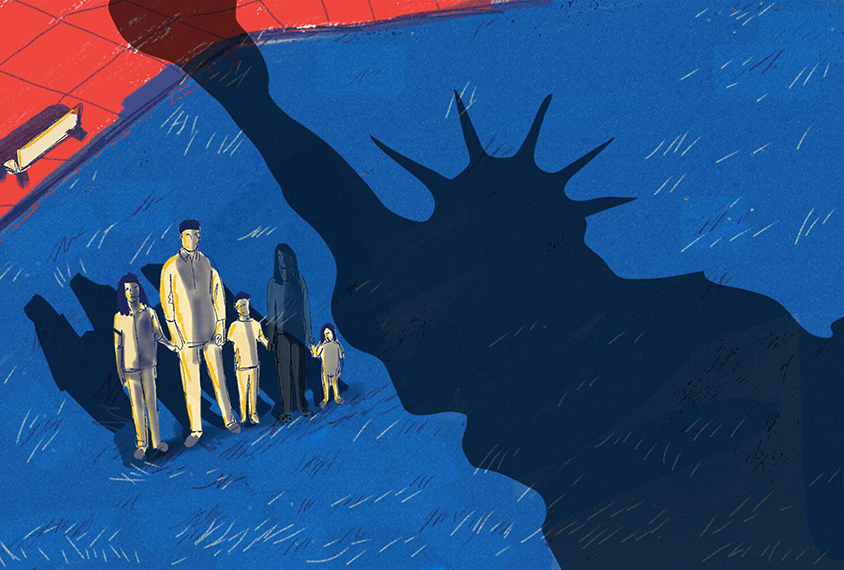Ashley Lopez joined KUT in February 2016. She covers politics and health care, and is part of the NPR-Kaiser Health News reporting collaborative. Previously, she worked as a reporter at public radio stations in Louisville, Kentucky, and Miami and Fort Myers, Florida, where she won a National Edward R. Murrow Award for a story about an immigration policy that was failing some undocumented domestic abuse victims. She earned her bachelor’s degree in journalism and political science from the University of North Carolina at Chapel Hill.
Ashley Lopez
From this contributor
Immigration fears force family to forego autism services for citizen child
As U.S. immigration enforcement becomes stricter under the Trump administration, more immigrant families are cutting ties with healthcare services and other critical government programs.

Immigration fears force family to forego autism services for citizen child
Fearing deportation, immigrant parents opt out of children’s health benefits
A growing number of American children are dropping out of Medicaid and other government programs because their parents are not citizens.

Fearing deportation, immigrant parents opt out of children’s health benefits
Explore more from The Transmitter
Lack of reviewers threatens robustness of neuroscience literature
Simple math suggests that small groups of scientists can significantly bias peer review.

Lack of reviewers threatens robustness of neuroscience literature
Simple math suggests that small groups of scientists can significantly bias peer review.
Dendrites help neuroscientists see the forest for the trees
Dendritic arbors provide just the right scale to study how individual neurons reciprocally interact with their broader circuitry—and are our best bet to bridge cellular and systems neuroscience.

Dendrites help neuroscientists see the forest for the trees
Dendritic arbors provide just the right scale to study how individual neurons reciprocally interact with their broader circuitry—and are our best bet to bridge cellular and systems neuroscience.
Two primate centers drop ‘primate’ from their name
The Washington and Tulane National Biomedical Research Centers—formerly called National Primate Research Centers—say they made the change to better reflect the breadth of research performed at the centers.

Two primate centers drop ‘primate’ from their name
The Washington and Tulane National Biomedical Research Centers—formerly called National Primate Research Centers—say they made the change to better reflect the breadth of research performed at the centers.